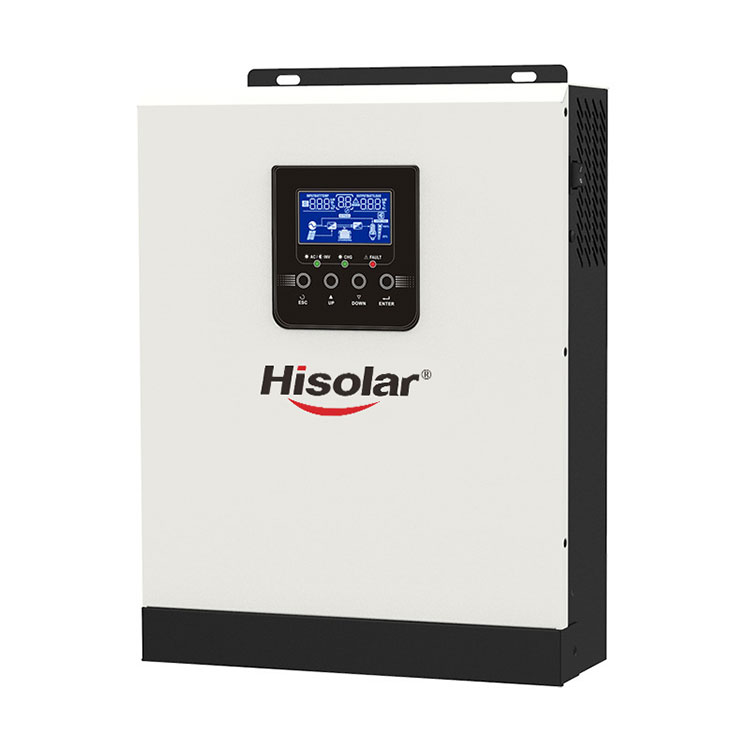Key features and functions of a hybrid solar inverter
2023-10-18
A hybrid solar inverter, also known as a solar hybrid inverter or multi-mode inverter, is a specialized device used in solar power systems that combines the functionality of a solar inverter and a battery inverter into a single unit. These inverters are designed to efficiently manage both the solar energy generated by photovoltaic (PV) panels and the energy stored in batteries, allowing homeowners and businesses to maximize their solar energy utilization, reduce electricity bills, and provide backup power during grid outages.
Here are the key features and functions of a hybrid solar inverter:
1. Solar Inverter Functionality: A hybrid inverter can convert the direct current (DC) power generated by solar panels into usable alternating current (AC) power for use in your home or business. It optimizes the power output of the solar panels based on environmental conditions and loads in the building.
2. Battery Inverter Functionality: In addition to solar power conversion, a hybrid inverter also manages the charging and discharging of energy storage batteries. When excess solar energy is generated, it can be stored in the batteries for later use.
3. Grid Interaction: Hybrid solar inverters can interact with the grid in various modes:
- Grid-Tied Mode: In this mode, excess solar energy can be fed back into the grid, often through net metering agreements, allowing homeowners to earn credits for the excess energy they generate.
- Off-Grid Mode: During power outages or in remote areas without a grid connection, the inverter can operate in off-grid mode, using solar power and battery storage to provide electricity to the home or building.
- Hybrid/Grid-Assist Mode: This mode allows the system to draw power from the grid when solar power and battery storage are insufficient to meet the load demand. It can also export excess power to the grid when available.
4. Battery Integration: Hybrid inverters are designed to work with various types of energy storage batteries, including lithium-ion, lead-acid, and other technologies. They manage the charging and discharging of batteries efficiently to extend their lifespan.
5. Monitoring and Control: Many hybrid inverters come with built-in monitoring systems that allow users to monitor the performance of their solar system, including energy generation, battery status, and grid interactions. Some systems can be controlled remotely via mobile apps or web interfaces.
6. Backup Power: During grid outages, hybrid solar inverters can provide backup power by drawing electricity from the batteries, ensuring continuous power supply to essential loads in the home or business.
7. Efficiency: High-quality hybrid inverters are designed for efficiency, ensuring minimal energy losses during the conversion and storage processes.
Hybrid solar inverters are a versatile solution for homeowners and businesses looking to maximize their use of solar energy, reduce electricity costs, and enhance energy resilience. They offer greater flexibility and control over energy generation and consumption, making them an attractive option for both grid-connected and off-grid applications.
When considering a hybrid solar inverter, it's essential to assess your energy needs, the capacity of your solar panel array, and the type of batteries you plan to use. Proper sizing and installation are crucial to ensure optimal performance and reliability in your solar power system.



